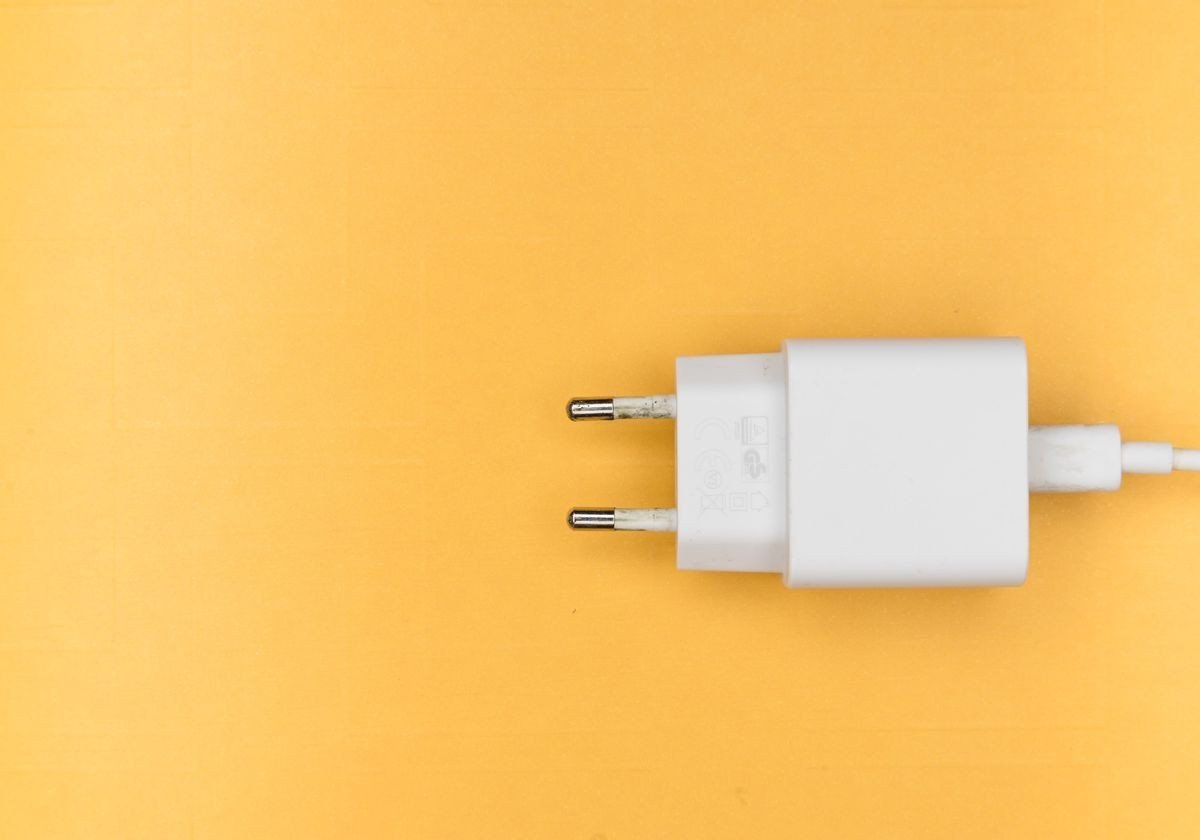Almost every menstruator has heard the term ‘toxic shock syndrome’ (TSS), we are told to change our pads and tampons regularly otherwise we may suffer from TSS. But what is TSS? And how is it correlated to periods and pads and tampons? Let’s look at some facts here:
What is Toxic Shock Syndrome?
Toxic shock syndrome (TSS) is a rare but life-threatening condition caused by bacteria getting into the body through any cuts, wounds, or other openings and releasing harmful toxins.TSS gets worse very quickly and can be fatal if not treated promptly. But if it’s diagnosed and treated early, most people make a full recovery.
Toxic shock syndrome can affect anyone, including men, children, and postmenopausal women. Menstruators are most at risk of getting TSS, as it is thought to be associated with tampon use. Risk factors for toxic shock syndrome include skin wounds, surgery, and the use of tampons and other devices, such as menstrual cups, contraceptive sponges, or diaphragms.
It is caused by infection with certain types of bacteria, including Staphylococcus aureus and Streptococcus pyogenes. It is the toxin made by the bacteria that causes TSS, rather than the actual presence of the bacteria. Staphylococcus aureus is a common type of bacterium that lives on the skin and inside the nose. In most cases it is harmless, but it can cause a wide range of infections if it enters the bloodstream.
Some symptoms of TSS:
TSS can feel a lot like the flu, and symptoms can vary from person to person, but most commonly, the symptoms of TSS are:
- High fever (over 102° F or 38.9° C)
- Body or joint aches ( acute pain usually localized in groin initially, can be well differentiated from period cramps )
- Nausea and/or vomiting
- Diarrhea
- Dizziness or fainting or confusion
- Sometimes there is a red rash ( itching may or may not be present )
- Low blood pressure
How is TSS related to periods or menstruation?
A lot of people have the misconception that TSS is caused by tampons, but it is caused by bacteria, not tampons, specifically Staphylococcus aureus. Tampons can increase the risk of TSS in two ways, including:
Tampons (especially super-absorbent varieties) that are left in the vagina for a long time may encourage the bacteria to grow.
Tampons can stick to the vaginal walls, especially when blood flow is light, causing tiny abrasions when they are removed.
In the 1980s, TSS became more well-known because it was associated with highly absorbent tampons. However, tampons aren’t required for TSS. You can get it while using pads or menstrual cups, or no period protection at all. About half the cases of TSS infections are related to menstruation.
How long should we wear tampons or pads safely and not get TSS?
There is no exact answer for this, but most experts and gynecologists recommend changing your tampons every 4-8 hours, The United States FDA (Food and Drug Administration) which regulates tampons, states you should never wear a tampon for more than eight hours for hygiene purposes. The same goes for sanitary pads, which you should change about every 8 hours.
Here are some other ways to prevent getting TSS while on your period:
- Always use the lowest absorbency tampon that will manage your flow. If it hurts to remove after a few hours, go down a size.
- Know the symptoms of TSS mentioned above, and get immediate medical attention if you are worried you may have it.
- The risk of tampon-related TSS can also be reduced by interrupting tampon use with pads from time to time
- If you’ve had tampon-related Toxic Shock Syndrome in the past, you should consult with your doctor before using tampons. Most doctors recommend no tampon use if you’ve had TSS before.
What to do if you think that you may have TSS?
If you think you could have toxic shock syndrome, stop using tampons immediately and go to the emergency department of your nearest hospital.
SOURCES
MAYO CLINIC- https://www.mayoclinic.org/diseases-conditions/toxic-shock-syndrome/symptoms-causes/syc-20355384
NATIONAL HEALTH SERVICE UK- https://www.nhs.uk/conditions/toxic-shock-syndrome/
BETTER HEALTH AUSTRALIA-https://www.betterhealth.vic.gov.au/health/conditionsandtreatments/toxic-shock-syndrome-ts
Shivaanshi Mishra is a class 10th student currently living in Muscat, Oman. She works as a writer for her school magazine, and other organizations such as iFeminist. Besides writing, she enjoys reading books, painting, and music
Verified by:
Dr. Shashank Tripathi
M.D. ( General medicine )
Ex Consultant Dept. of Occupational Health & Corporate Medical Affairs
Apollo Hospital, New Delhi.
